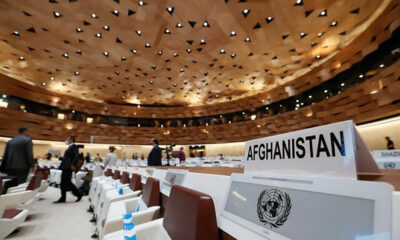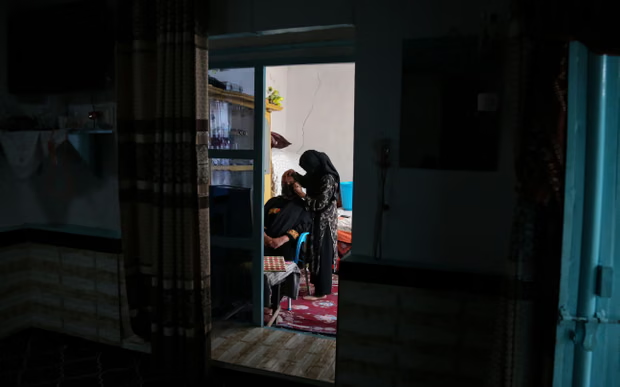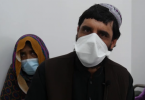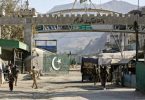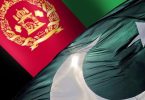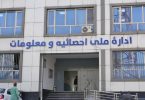KABUL (Ariana News): The UN has stated in its latest update on the human rights situation in Afghanistan that restrictions on women’s rights to work and freedom of movement continue to be implemented and that a number of incidents claimed by Islamic State – Khorasan Province (ISKP/Daesh) resulted in civilian casualties.
According to the report, based on monitoring undertaken by UNAMA’s Human Rights Service, for the period May to June 2024, the Islamic Emirate’s General Directorate of Intelligence officials forcibly closed the office of a women-led NGO for allowing some of its female employees to physically report to work.
The UN stated that the NGO, which was not named, was allowed to reopen days later after signing a commitment letter that it would not allow women employees to come to the office.
The UN also stated that between April and June, a number of incidents claimed by Daesh resulted in civilian casualties.
“According to the claims issued by ISKP, the incidents targeted Shi’a Muslims and the de facto authorities (IEA),” the report read.
Among the incidents reported was that of an IED on April 20 in Kabul city that wounded four adult men; a shooting in Herat province on April 29, which left six worshippers dead inside a mosque; and the May 17 attack in Bamiyan city, which saw gunmen shoot and kill five adults, including three Spanish tourists.
The UN also reported that in May and June, IEA security forces conducted a series of operations to clear poppy fields in Badakhshan province.
“On numerous occasions de facto security forces fired into crowds of local residents protesting the destruction of their crops, killing and wounding at least 17 people in total,” the report read.
On May 4, IEA spokesperson Zabihullah Mujahid, announced in a post on X that a committee had been formed to investigate the “poppy eradication process, and problems encountered in Badakhshan”.
He said: “Regrettably, there have been incidents where offenders attempted to attack the security forces involved in the fight against poppy cultivation, resulting in tragic events” and said that the committee had been tasked with conducting a comprehensive investigation into the incidents.
The UN reported that “no further information on the progress of investigations has been publicly shared.”
The UN also reported a number of cross-border incidents, in Paktia, and Khost provinces, on May 17 and 29 respectively, which resulted in civilian casualties.
The Embassy of Pakistan in Afghanistan stated that it had no recorded exchanges of fire with Afghanistan security forces on those days that resulted in civilian casualties.
On freedom of the media, the UN stated that following a March 31 announcement by the authorities on the prohibition of political parties, numerous media outlets with alleged political affiliations were suspended.
The report also noted that the IEA “continued to limit the activities of ‘diaspora media’ outlets which relocated their operations outside of Afghanistan after the Taliban (IEA) takeover and continued to produce media content for an Afghan audience.”
One journalist in Parwan province was arbitrarily detained on allegations of sharing information with a diaspora media outlet. He was released after three days, the UN report read.
Journalists have also been urged not to cooperate with “diaspora media”.
In addition, on 22 April, in Khost province, three employees of three different radio stations were interrogated and detained by the authorities for playing music and receiving phone calls from women during live radio programs. They were released after six days, the report read.
The UN also reported human rights violations as having been committed against former government officials and former security force members.
The report also noted incidents of corporal punishment, mostly floggings, being carried out on a regular basis in public.

